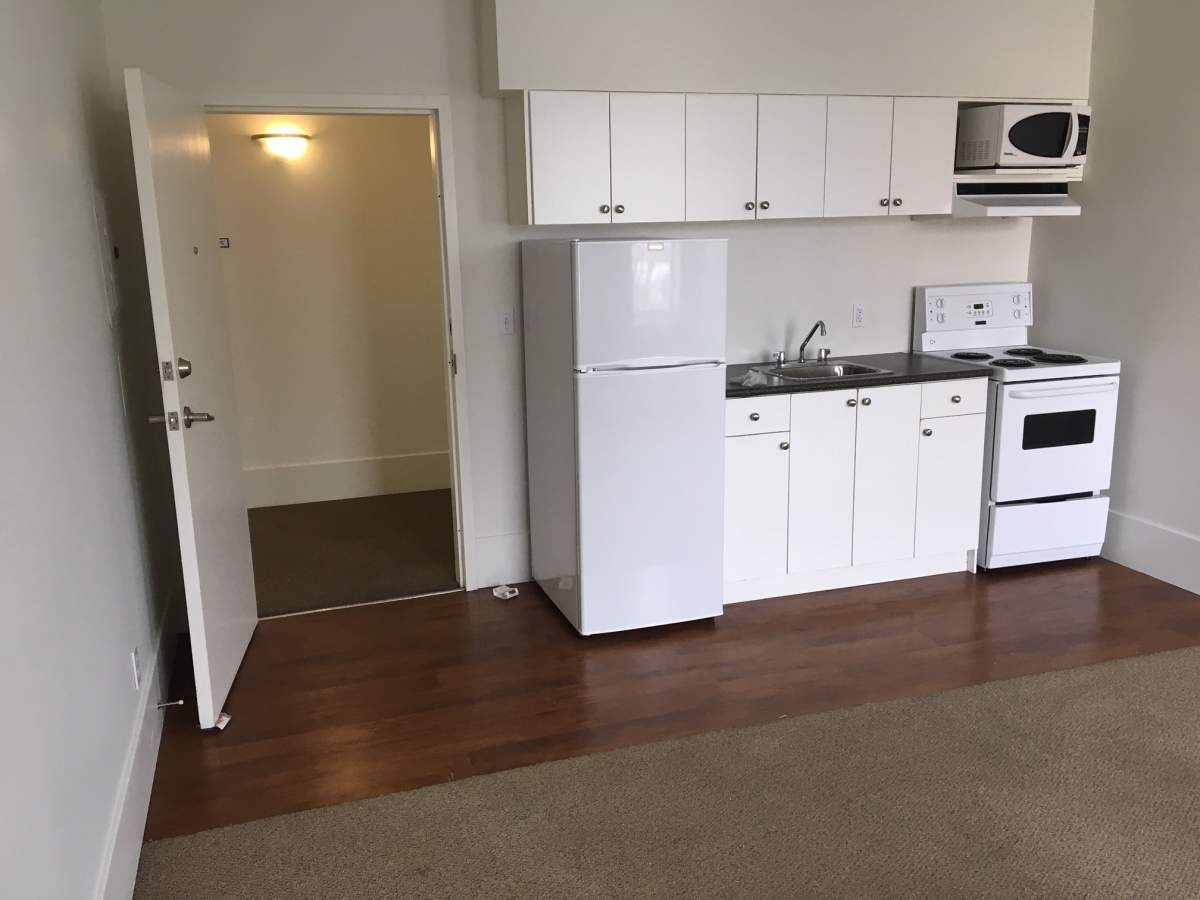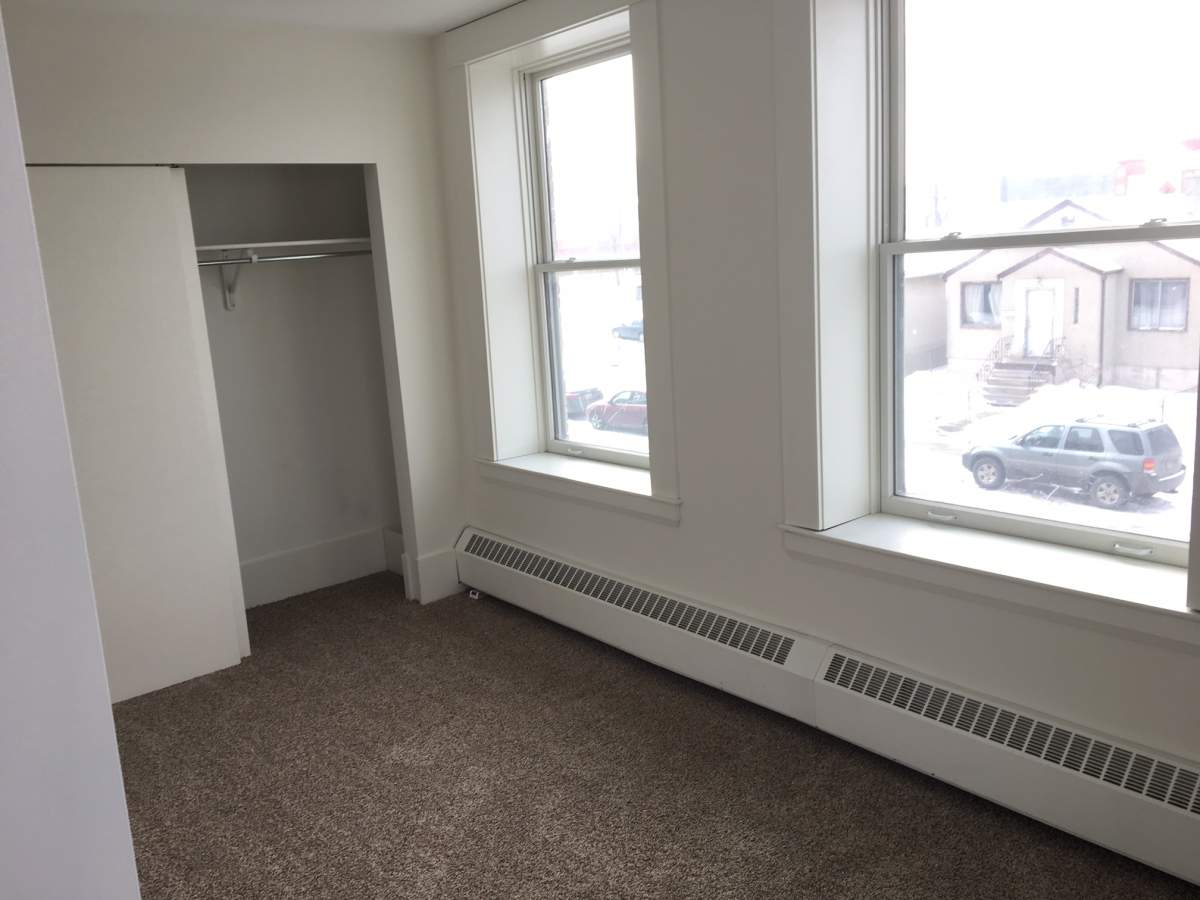It’s probably a phone call Greg Dewling will never forget. Architect and developer Gene Dub was on the other end of the line. Capital Region Housing (CRH) was in the midst of trying to purchase the one-time Grand Manor Hotel, which had been converted into apartments, with a goal to open Pregnancy Pathways, a place for young women who are homeless and pregnant.

“It was late September or early October, and we had actually been looking at purchasing the building for this purpose,” Dewling said. “We just couldn’t make it work, from what we believed we needed to put into the building — the cash and so forth.
“[Gene] called back and said, ‘Greg, do you think you could make it work if I donated the building?’ I said, ‘Yeah, I think could make that work. When do you want to have coffee?'”
Now CRH has a building that the first tenants will move into next month. It marked the first time in 40 years of CRH that an entire building was donated.
“I just happened to have a building and so I discussed it with my son, who would have normally been the beneficiary of this,” Dub said. “We agreed this was just as a good of a cause as you could possibly get — a facility for homeless mothers and babies. That’s really an important thing, that babies get a good start.”
“I bought it to turn it into affordable housing,” Dub said. “That’s the business we do. We often buy old buildings and fix them up and convert it, usually into condos, but in this case the area was ideal for affordable housing. And our rents were in the $500 range so it was a very popular place. We had a list of 50 people who wanted in just because of the rent rate.”

Get weekly health news
At any given time there are about 100 women who are pregnant and homeless, according Nancy Peekeekoot, a wellness coordinator with Pregnancy Pathways.
“What they were seeing was a lot of these women coming in with not having accessed any type of prenatal supports while they had been pregnant and were currently homeless, so a lot of the women will just go back to the same cycle of being homeless and most often have their child apprehended through child social services.”
They get referrals from the Royal Alexandra Hospital, as well as through Boyle Street Community Services and the Boyle McCauley Health Centre.
The building was built in 1913. The 18-unit apartment was originally built to be across from a city market that has long closed.
The main floor of the building will have some programming in it, Dewling said, that’s still to be sorted out. They’re looking at wellness opportunities for the women, or retail space where the women can be employed.
Above are 18 studio and one-bedroom apartments where the women will live rent-free.















Comments
Want to discuss? Please read our Commenting Policy first.